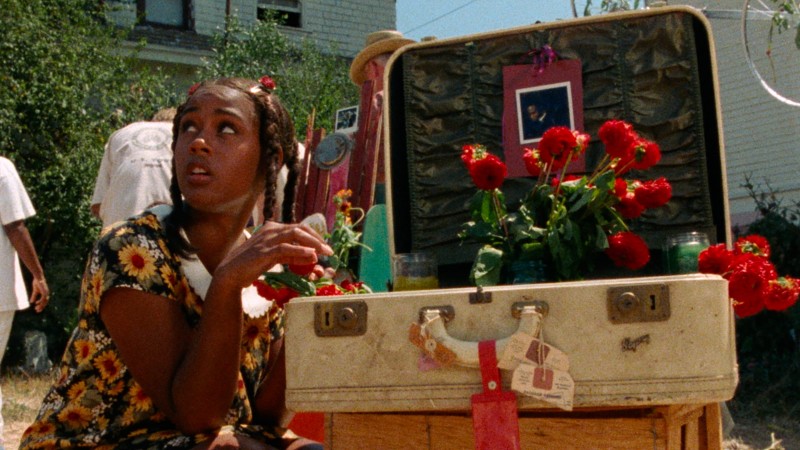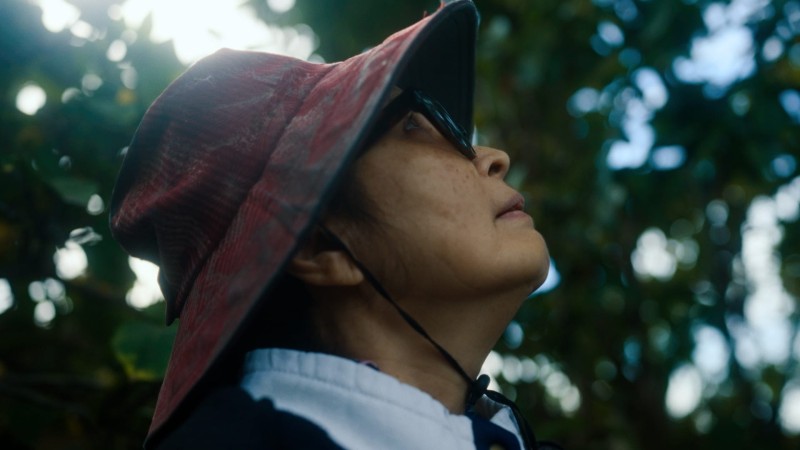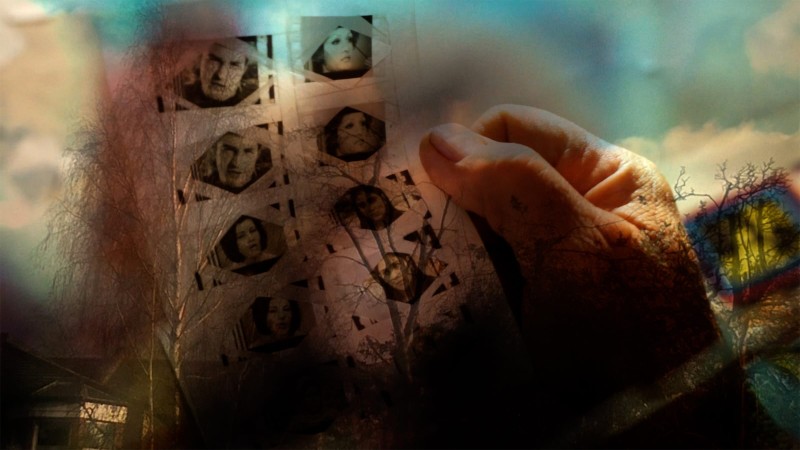The Frontlines of Freedom: A Conversation with Rebecca Landsberry-Baker and Joe Peeler

There’s a consistent element of the surreal in the everyday experiences of Native Americans. Whether regularly facing racially insensitive mascots at sporting events, moving through spaces that have Indigenous names but are absent of those languages’ original speakers, or being met with surprised reactions from strangers who realize they have never before met someone aboriginal in the land they call home, Indigenous people in the United States constantly navigate the strange and unsettling gray area between life in their communities and the racist framework in which the nation at large attempts to contextualize them.
A similar tension can be found in policies pertaining to Indigenous people and the tribal governments under which they hold citizenship. Following centuries of warfare, genocide, and colonization, the U.S. government negotiated treaties that recognize the sovereignty of certain tribal nations. Through these pacts, many of which have never been fully honored by the U.S., tribes agreed to submit to certain demands from Washington, D.C., with key mandates being that each tribe was to adopt a formal constitution and create a political system with three branches. This mix of federal oversight and tribal sovereignty resulted in an unstable, procrustean style of government, leaving the door open for corruption, which in turn has led to a failure to ensure certain freedoms that the rest of the country enjoys. For example, less than one percent of federally recognized tribes guarantee freedom of the press.
In the tense nonfiction thriller Bad Press—the winner of the Sundance 2023 U.S. Documentary Special Jury Award—filmmakers Rebecca Landsberry-Baker and Joe Peeler follow Angel Ellis, a censored Native journalist working for Mvskoke Media (a Muscogee press outlet) who goes up against a corrupt tribal government while advocating for freedom of the press, which had been in place three years prior to being repealed. I spoke with Landsberry-Baker and Peeler over Zoom about their film, the political events that unfolded as they were making it, and their effort to invert the exploitative dynamics that have long existed between documentary filmmakers and Indigenous communities.






